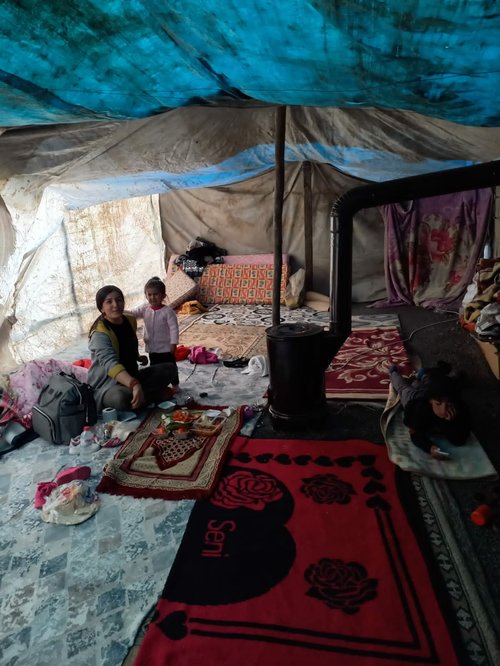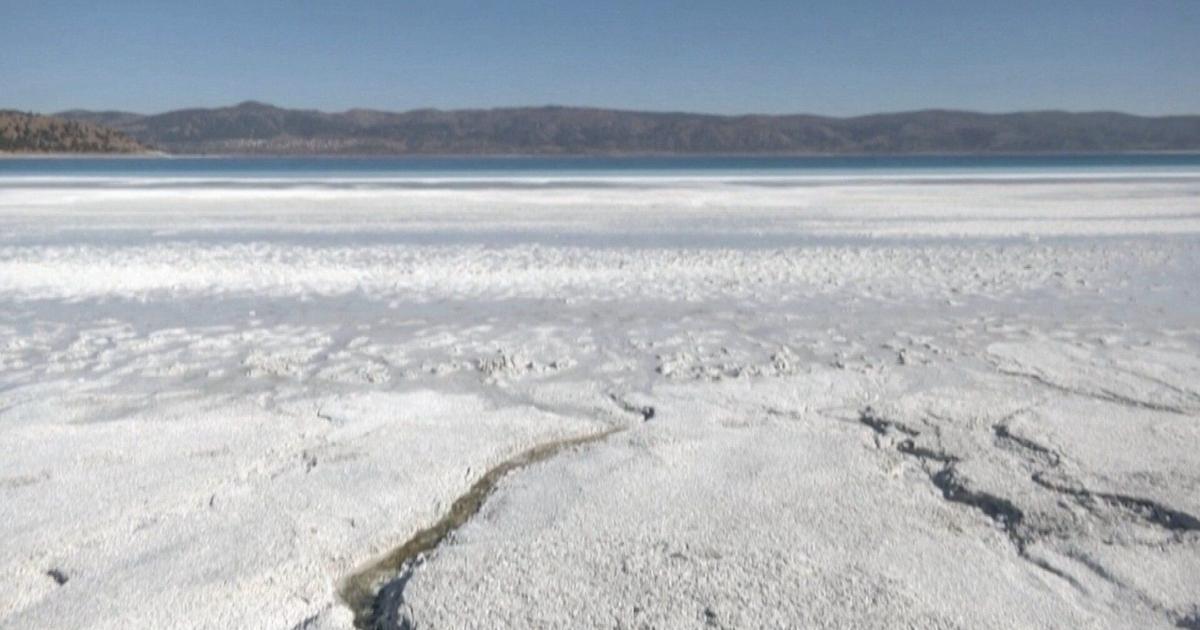Türkiye earthquake: UK visa delays stop families reuniting
People seeking asylum in the UK have also been affected by delays. Mahir Harmancı, 37, came to the UK less than a year ago from Türkiye as a political refugee, leaving his wife and two-year-old daughter behind.
“My wife and my daughter have survived but I lost my uncles, aunts, and cousins to the earthquake. There is no one left. Everything and everyone is under the rubble now,” said Harmancı.
Harmancı’s father saved the lives of his wife and daughter, but they lost their home.
“Now they are living in a plastic tent with 20 other people. My baby is crying all the time because of the cold. I can’t help her,” he said.
“My wife had a heart operation in a private hospital two days before the earthquake. She is a Syrian Kurd from Kobane and this is the second disaster she had to face after the war.”

Mahir Harmancı’s family are living in a tent in Türkiye
|
Supplied
As a refugee from Syria, Harmancı’s wife has not been given an identity card by the Turkish government, which means she is not allowed to access basic services such as public hospital care.
“They are not safe there,” he said. “But if I get my residency” – if his asylum claim is accepted by the UK – “I can bring my wife and baby here.”
That might not happen any time soon. The British asylum system is facing a backlog of cases, with long delays in processing claims.
Ali Has, a London-based human rights lawyer, told openDemocracy that the UK’s strict immigration policies are making people’s suffering worse.
He said: “We have people affected by the earthquake who’ve claimed asylum, but have not been able to apply for family reunification because their applications have not yet been finalised. That creates a double obstacle.”
Has estimates several hundred people in the Turkish and Kurdish diaspora to be trapped in bureaucratic limbo.
Ishak Gunduz, a spokesperson for the Kurdish Community Centre in Haringey, London and a refugee from Sanliurfa, Türkiye, has been waiting 17 months for his asylum claim to be considered.
“The UK government sees us as a threat,” he said. “They want manageable workers, not political refugees.”
Like others, his family has been directly affected by the earthquake.
“My mother in Türkiye is staying in a tent now and I cannot help her,” he continued. “All I can do is here to support Heyvasor – a Kurdish charity – because we believe it is a reliable organisation who could deliver the aid to our people over there.
“One of our friends lost 35 people in his family. We could not do anything except sit together and cry. But there is something that the UK government can do and that is to grant us with a guaranteed temporary visa so we could bring our family here.”
More than 80,000 people have signed a petition to Parliament, calling on the government to create a Turkish Family Scheme visa – similar to the one offered to Ukrainian refugees – for those who have lost their homes to the earthquake.
On 1 March, the government responded, saying it had “no plans to adopt this proposal, but has responded with life-saving support to people affected in the region. Existing visa routes for those wishing to come to the UK are available.”
MPs Feryal Clark and Bambos Charalambous, who represent north London constituencies with many Turkish and Kurdish residents, also raised the issue in Parliament. In response, Foreign Office minister Andrew Mitchell told MPs the UK has been doing everything it can to help people affected by the earthquake.
Responding to the ECAA and asylum system delays, a Home Office spokesperson said: “The majority of [ECAA] visa applications are concluded within our published six-month service standard.”
They added that anyone affected by the earthquake who wished to join family in the UK but did not have a visa could apply through standard visa routes.



